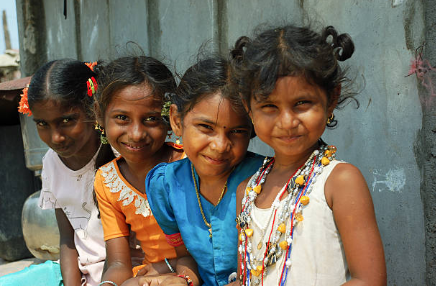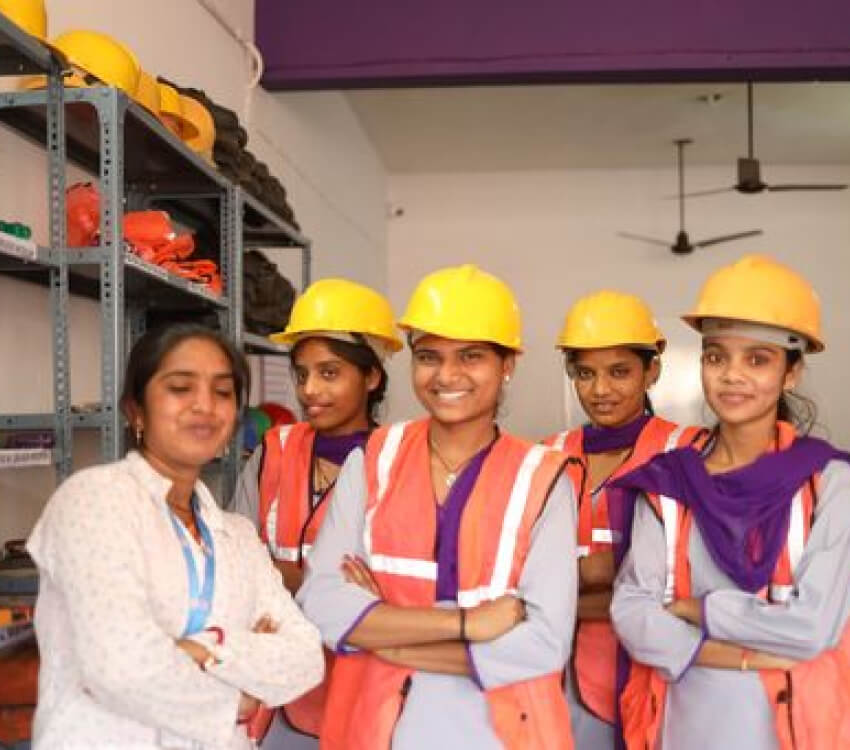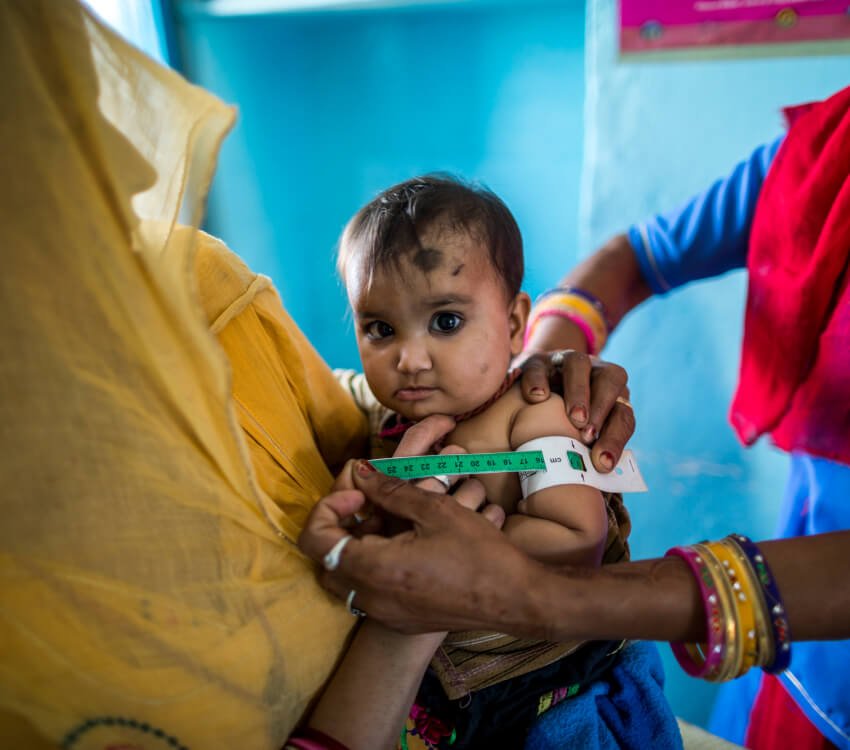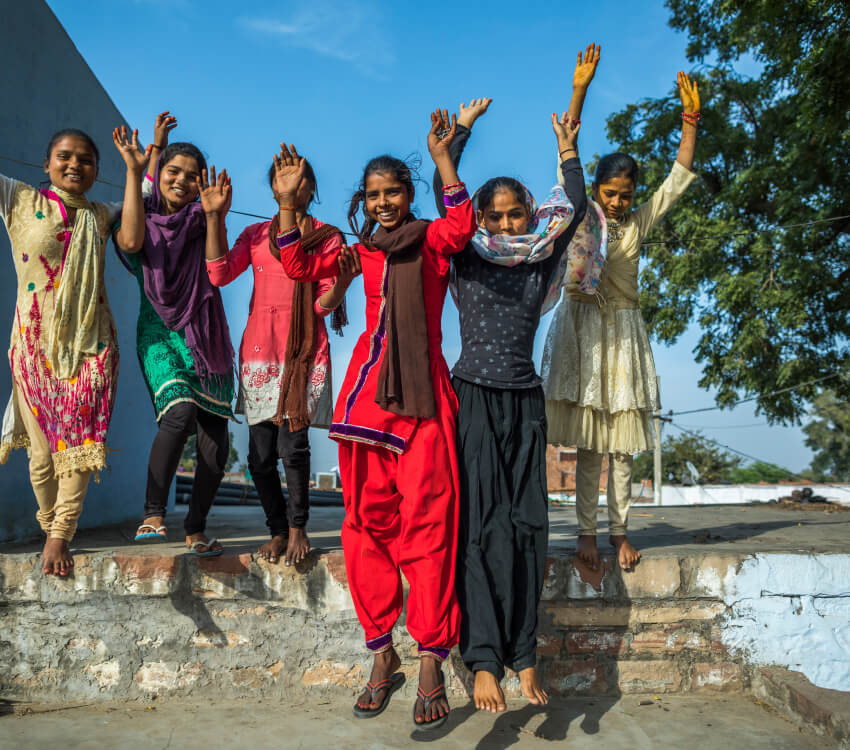RANI was a clustered randomised controlled trial that tested the ability of a norms-based behaviour change intervention to reduce anemia. The project supported the National and State Governments’ anemia reduction endeavours among Women of Reproductive Age (15-49 years). Using an innovative package of interventions, RANI promoted changes in social norms, knowledge, attitudes, and behaviours of WRA and pregnant women in Odisha to increase initial intake and adherence to iron and folic acid consumption and reduce anemia.
Strategic Approach
- Lower rates of anemia among women in rural Odisha
- Identify the social norms that impact behaviours related to anemia
- Design innovative social norms solutions that facilitate iron folic supplement use
- Engage with self-help groups, health workers and the general population in Odisha
Making an Impact
-
17,000+
women across 130 treatment villages participated in the RANI intervention.
-
16,800+
WRAs were tested under the programme and were made aware of their hemoglobin levels
-
Proportion of anemic women in the RANI project decreased by 12.5% in the treatment arm at the endline
-
Self-reported iron folic acid consumption increased by 88% in the treatment villages as a result of the intervention
-
Hemoglobin levels (g/dL) in the RANI project showed an improvement of 0.34 g/dL at the end of the intervention






















